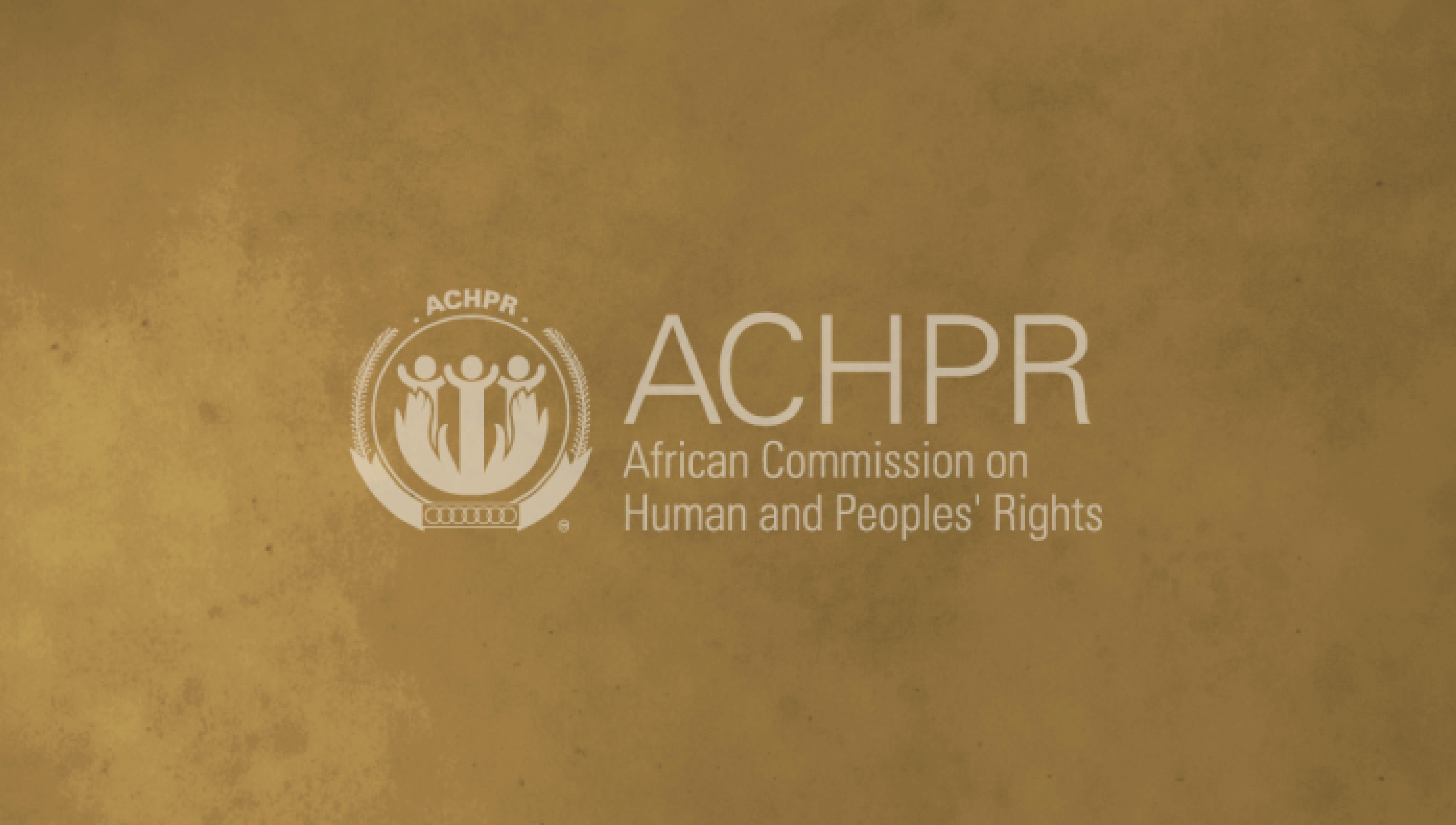By Edrine Wanyama |
The Resolution adopted by the African Commission on Human and Peoples’ Rights (ACHPR) during its 81st Ordinary Session held from October 17 to November 6, 2024 in Banjul, The Gambia potentially bolsters data protection and governance on the African continent.
The Resolution calls upon states parties to take all relevant measures to ensure transparent and accountable collection, processing, storage and access to data. It also underscores the importance of ethical principles in data usage, equitable access to data, and addressing biases to prevent structural inequalities while safeguarding privacy and combating discrimination.
The resolution acknowledges the rapid advancement of technology and the increased dependence on data in governance and socio-economic development, and is in line with the African Union Convention on Cyber Security and Personal Data Protection, African Union’s Data Policy Framework, and the Digital Transformation Strategy for Africa (2020–2030).
Similarly, this timely resolution aligns closely with the vision of the Global Digital Compact (GDC), which calls for inclusive, rights-based governance of digital technologies and artificial intelligence (AI), and the ACHPR’s Resolution 473 on the need to undertake a study on human and peoples’ rights and AI, robotics and other new and emerging technologies. These frameworks emphasise the potential of data and digital technologies while cautioning against risks such as bias, inequities, unwarranted surveillance, and privacy violations.
By embedding human rights principles in digital governance, both the ACHPR’s Resolution 473 and the GDC advocate for responsibly leveraging digital tools to reduce inequalities and protect vulnerable populations. The ACHPR’s focus on equitable data access and capacity-building within African states resonates with the GDC’s call for global collaboration to address disparities in digital infrastructure and skills. Together, these initiatives present a unified agenda to ensure that digital technologies and AI are harnessed for equity, justice, and sustainable development that foster a shared vision for a more inclusive digital age.
The ACHPR Resolution further urges state parties to ensure open access to data which is in possession of public and private in public interest, in accordance with the prescribed regional and international human rights standards.
The Resolution reinforces the African Union’s Data Policy Framework which, among others, seeks to maximise the benefits of the data-driven economy for African countries. With common anticipated benefits, data governance systems will be harmonised to enable secure and free data flow on the continent which potentially contributes to a people-centred approach which is not inward-looking for individuals, institutions and businesses and, enhances data utility for accelerated attainment of Agenda 2063 and the Sustainable Development Goals (SDGs).
There is increasing recognition of the need for data governance frameworks that create a safe and trustworthy digital environment, foster intra-Africa digital trade, enable states’ cooperation on data governance, enable domestication of continental policies, and ensure free and secure data flows across the continent. As such, the Resolution also calls for the establishment of collaborative mechanisms, coordinating data issues, enabling and facilitating competitiveness in the global economy, promoting sustainable data use and benefits to society, as well as facilitating innovative ways to promote and maximise benefits of data for the African peoples.
Besides, the Resolution will potentially grow the impetus of Regional Economic Communities (RECs) to adopt harmonised data governance systems, which will quicken continental initiatives such as the African Continental Free Trade Area (AfCFTA) Agreement whose growth and benefits depend on secure and free cross-border data flows. For instance, the East African Community (EAC) and the Southern African Development Community (SADC) are set to develop regional data governance policy frameworks with the aim of harmonising data governance in the region for economic growth and regional integration.
The Resolution echoes sentiments shared in various panels at the September Forum on Internet Freedom in Africa 2024 (#FIFAfrica), which highlighted contemporary issues in data governance in Africa, including in collection, management, and processing of data. The Forum emphasised the role of national and regional actors in policy harmonisation, enabling greater cross-border data flows, maximising the benefits of data for all countries and all citizens, and the need for greater privacy protections over personal data. Among others, speakers at FIFAfrica singled out national parliaments, RECs, civil society organisations, the African Union, and the private sector as having pivotal roles to play in promoting effective data governance.

